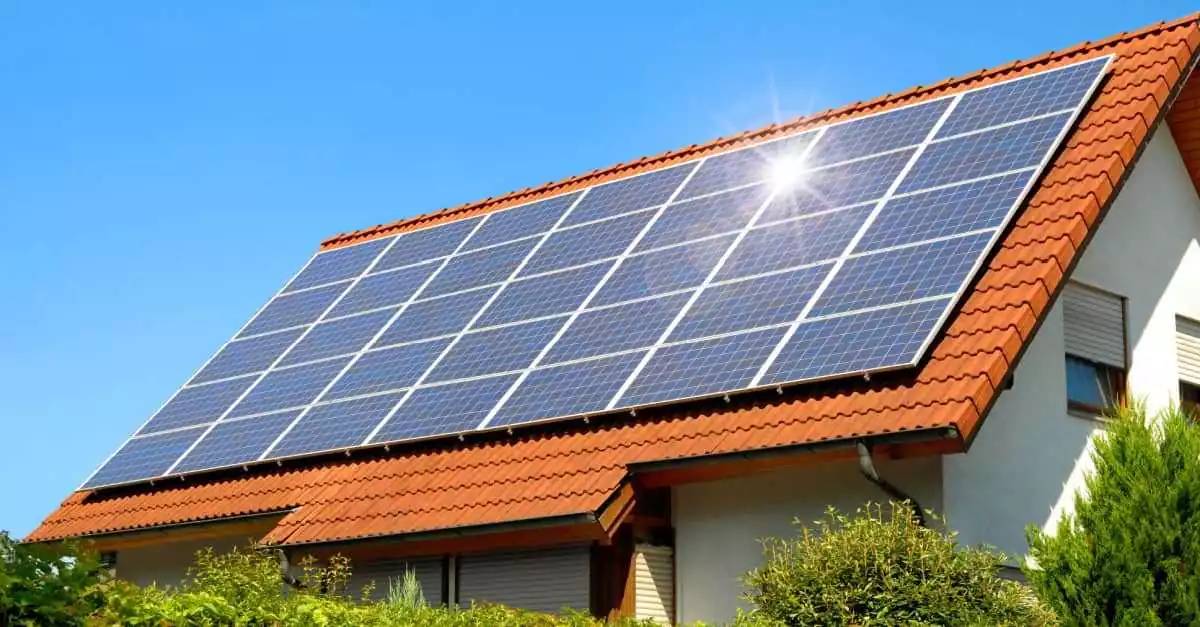
Your solar panels are designed to provide consistent, renewable energy year after year. But what happens when your energy bills start to rise, or your production levels drop unexpectedly?
An underperforming solar system is more common than most homeowners realize — and if left unchecked, it can cost you energy and savings. Understanding the signs and causes of solar underperformance can help you fix issues early and keep your system operating efficiently.
Here’s how to know if your solar panels aren’t performing at their best — and what to do about it.
1. Your Energy Production Drops Suddenly
The most obvious sign of an underperforming system is a sudden drop in energy production. If your monitoring app shows a sharp decrease, even on sunny days, something is likely affecting your panels or inverter.
This could stem from wiring issues, shading, or inverter malfunctions — all of which require professional inspection to diagnose properly.
2. Your Electricity Bills Start Increasing
If you’re using the same amount of electricity but paying more each month, your solar panels might not be generating enough power to offset grid usage. Tracking your bills over time helps spot gradual performance declines that may otherwise go unnoticed.
3. You Notice Inconsistent Monitoring Data
Your solar monitoring system should show steady output relative to sunlight conditions. If readings fluctuate or fail to update, it could mean your inverter or sensors need recalibration.
Consistent monitoring is key — without accurate data, it’s hard to tell if your system is truly underperforming.
4. Dirt, Debris, or Shade Is Building Up
Over time, dust, pollen, and shade from nearby trees can block sunlight and reduce efficiency. Even minor buildup can lead to measurable energy loss. Regular cleaning and trimming around your panels help keep performance consistent.
5. You’ve Experienced Recent Storms or Roof Work
Storms, hail, or roof replacements can shift mounts, damage wiring, or crack panels. These small issues may not be visible from the ground but can significantly reduce performance. After any roof or storm-related work, it’s smart to schedule a solar inspection.
6. The Inverter Lights Indicate a Problem
Your inverter serves as the communication center for your system. Flashing lights, error codes, or frequent shutdowns are signs that it may not be functioning properly. If you notice these indicators, have a professional check it immediately.
7. You Hear Unusual Noises
Solar systems should operate silently. If you hear buzzing, humming, or clicking near the inverter or wiring, there may be electrical issues or loose connections that need attention.
8. Your System Is More Than Five Years Old
Like any system, solar performance naturally declines slightly over time. However, if you’ve never had your system serviced in several years, components may need recalibration, cleaning, or replacement to restore peak output.
9. You See Visible Damage or Loose Wiring
Cracks, corrosion, or sagging conduit can all affect performance. Regular visual checks can help catch physical wear early — but electrical diagnostics should always be handled by licensed technicians.
10. Your System Hasn’t Been Professionally Maintained
Skipping annual maintenance is one of the biggest reasons solar systems lose efficiency. Scheduled inspections ensure everything stays secure, clean, and producing at maximum potential.
What Causes Solar Systems to Underperform?
Common culprits include:
- Dirty or shaded panels
- Faulty inverters or wiring
- Poor initial installation
- Weather-related wear
- Monitoring system errors
Fortunately, all of these can be identified — and fixed — with professional diagnostics and maintenance.
How to Fix an Underperforming Solar System
The first step is a professional solar diagnostic. Technicians test energy output, inspect electrical components, and verify inverter performance. They’ll identify the root cause and make necessary repairs to bring your system back to optimal operation.
Sometimes, even small fixes like cleaning panels or tightening mounts can restore lost efficiency and improve energy output instantly.














